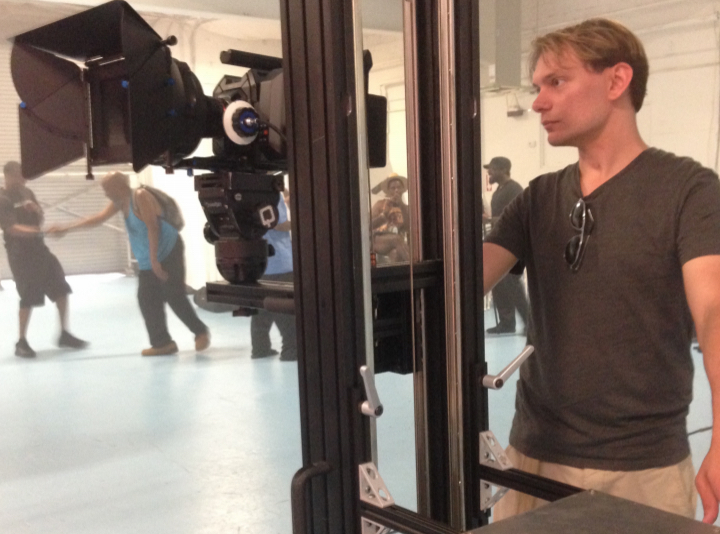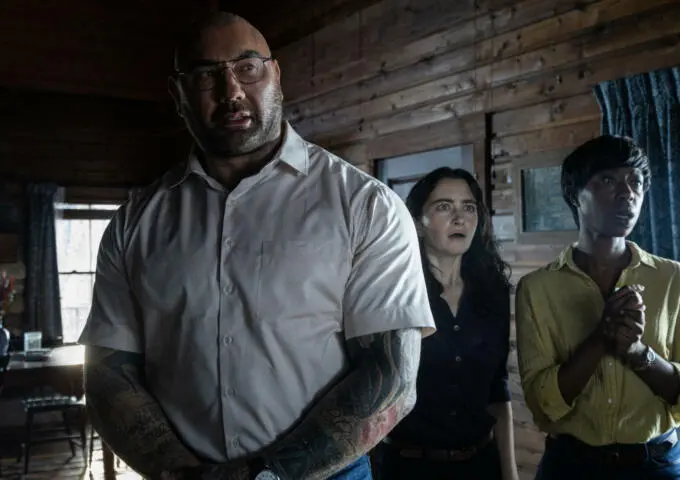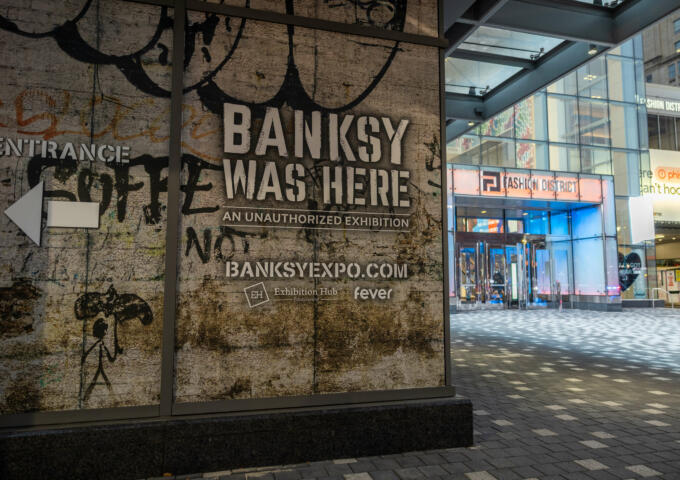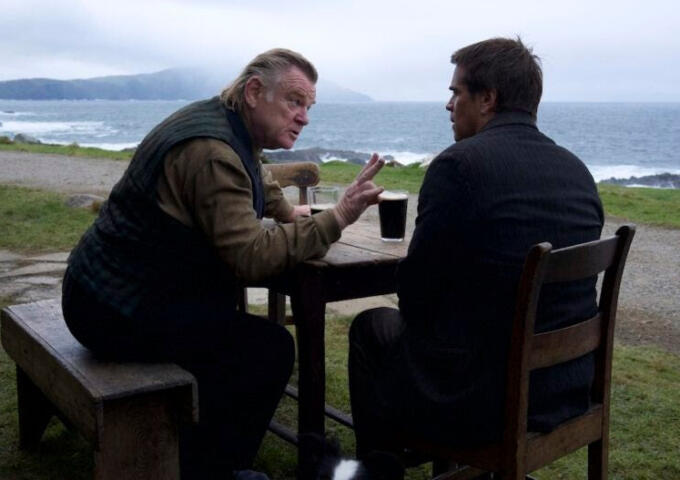University of the Arts grad and freelance filmmaker Justin Viggiano is making a name for himself on the indy film scene.
He has just completed “Drown The Clown,” his fifth feature-length film he shot, directed, edited, produced and wrote entirely independently.
He is currently working on his sixth feature film script called “The Green Reaper.” Along the way, he has collected a truckload of lcal, national and industry awards for his feature-length and short films in the suspense/drama genre. Viggiano’s suspense films have underlying social issues at their core, such as environmental issues, gay rights, problems with the commercialization of art, mental illness discrimination and animal rights.
So how does one compete with films with nine-figure budgets? What are the challenges of a limited, self-funded budget?
Philadelphia Weekly recently caught up with Viggiano and asked him.
There used to be only television and the movie theater. Now people are viewing movies on phones, tablets, etc., over the internet and via social media. How has this changed the nature of the business?
It has changed the business in ways that I don’t think a lot of people saw coming. There was a brief period of time in the early to mid-2000s where film novices were able to shoot and edit their own films and take them to a film market for distribution. Those days are long gone now because the market is saturated with new content on a daily basis, so studios have to keep ahead of the curve by doing what they do best, action superhero movies highly reliant on computer-generated imagery.
What makes a film great for you?
I love a story where the stakes are extremely high, which has a winding path that leads to a full conclusion and has the viewer seeing all the hints when they watch it a second time. A film that completely makes you believe what you are watching is real, or makes you have some sort of emotional reaction is why a lot of us got into making films in the first place.
What is there about cinema today that you don’t like?
I don’t like that studios and networks are so afraid to try anything new that all they do is remake movies and old cartoons from the 1980s. They are so scared that people are going to scream and cry if a director goes away from or changes the source material slightly, that all studios are afraid to try anything new because it may upset the Twitterverse. Unfortunately, from what I can see, I think more people care about what their behind-the-scenes photos will look like on Instagram than the actual film and story itself.
What do audiences want? Do you worry about that?
I believe audiences like a sense of order in storytelling that doesn’t feel formulaic or force-fed. I think we all like a well-rounded circular story with bookends, because life itself can be so random and unpredictable, and it gives viewers a sense of control over the world, much like the people making the films.
Audiences like what Hollywood can spoon-feed them, and independents can’t compete with that, so if you’re looking to create something that rivals a Hollywood tentpole film, it’s not going to work.
When I was younger, I tried to figure out what would play to a middle-of-the-road audience, but as time went on, I asked myself why I want to put in all of this hard work to tell a story that had so many constraints. I write my scripts with a financial reality and location possibilities in mind, not so much with an audience approval notion. That being said, when someone watches one of my movies, I want them to believe in the story’s world and feel what the characters are going through as much as I do.
What are your goals as a filmmaker?
I want to keep making my films with a unique atmosphere and mood for as long as I can. I hope to add on to my productions a little bit each time and continue to grow my crew of actors, some of whom I have been working with for over a decade now.
I want to work with as many other people passionate about telling interesting stories as I can. I’m going to continue to collaborate with others who love to tell stories that have underlying social issues at their core, and share what I learn to grow the Philadelphia filmmaker community.
The challenge of a limited budget made me create creative solutions in order to make these films. By reverse-engineering the story, with what I have available, I can work with limited resources/materials and still tell the story that I feel passionate about independent of having a huge budget and expensive crew.





